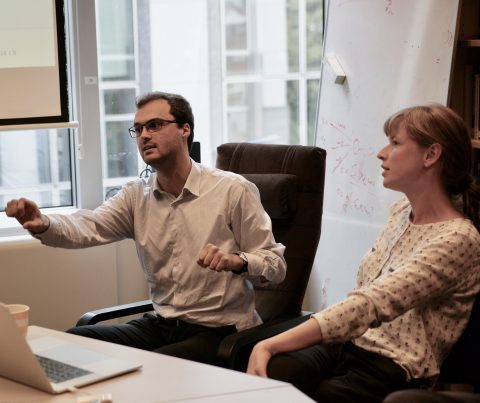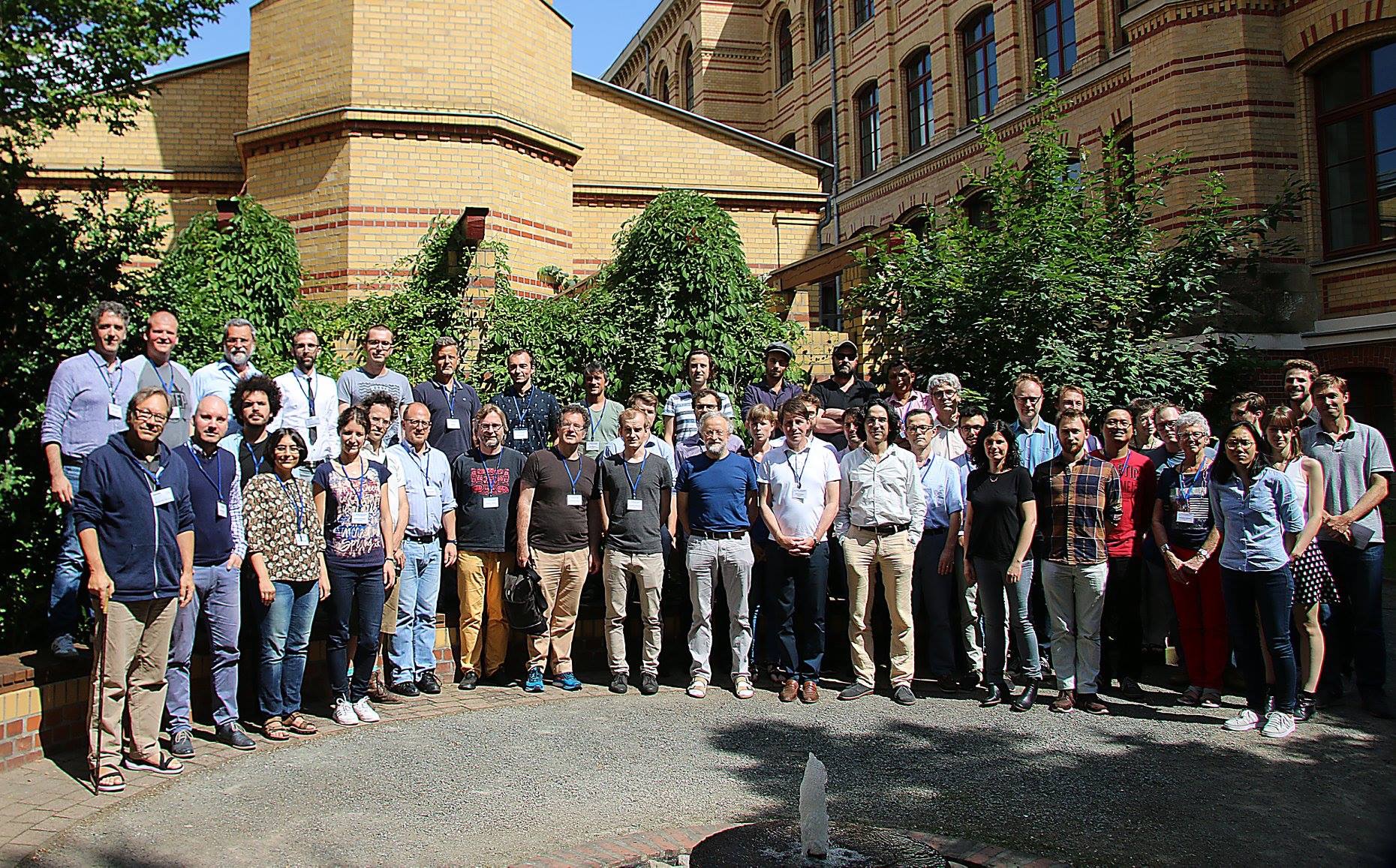Venice, 15 – 20 September 2019
This ODYCCEUS summer school mixes theoretical lectures with practical hands-on sessions and ateliers to examine how novel tools of computational social science can help us understand these phenomena and possibly facilitate future democratic decision processes. It introduces social scientists and media researchers to the latest methods, tools, and techniques and introduces AI researchers and complex systems scientists to the approaches and issues of social science so that they can come up with new new tools or refine existing ones.
More specifically, participants will learn how they can build Opinion Observatories that tap into social media to collect information about how certain actors are trying to manipulate political opinion in elections, how fake news gets fabricated and spreads, or how opinions get polarized and shift. They will learn how AI and social media might breathe new life into participatory democracy and how citizens can get empowered to make up their own minds or explore critical issues such as pollution or over-exploitation of their urban environment for tourism. Participants get the opportunity to present their own research in poster sessions. There will also be opportunities to visit relevant social and cultural projects in Venice.
Further information: https://ai.vub.ac.be/odycceus-2019/index.html

